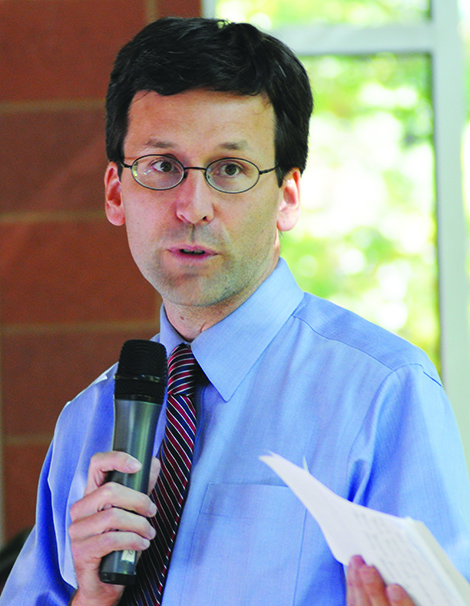Today’s uncertain economy could put a comfortable retirement even farther from reach for many who lack adequate savings, but there’s a bright spot:  New technology has handed baby boomers an unprecedented opportunity to earn online, according to an International Living report that focuses on the 100 best places for retirees to earn a flexible side-gig income doing something they already know how to do.
Companies are turning to freelance talent for the greater flexibility, access to a bigger talent pool, and the ability to hire people with more specific skills. Freelancers are rarely required to show up to a physical workplace, which allows them to set their own work schedules and earn from anywhere.
This is good for baby boomers who are looking for income to shore up their nest eggs, according to Winton Churchill, author of the just-released, “The ‘New’ Retirement: The Rise of the Gig Economy and How You Can Profit From It.â€
“Often boomers don’t think they have online skills, but they’re wrong,†Churchill says. He argues that baby boomers actually have an advantage earning as freelancers on the many job-and-project platforms available online.
Churchill, who with International Living’s editors compiled the list of 100 Best Places for Boomers to Earn Online, notes boomers “are seasoned. They come to freelancing after a lifetime of earning in other ways. They have practice completing work on time and meeting project goals. They communicate effectively in writing and speaking. They have a depth of knowledge—and life experience—that they can bring to their subject areas. These attributes make them valuable freelancers.â€
The new report breaks the list of 100 places into 12 sections. Five of them include:
Freelance services
There are over 300 marketplaces for freelance services filled with millions of buyers who want simple things like proofreading and editing, as well as more complex assignments like business consulting and pretty much everything in between. Now is a great time for folks to use the downtime during the pandemic to start building an online profile, reaching out to clients, and getting the first few paychecks. Before long, this could lead to a steady new income stream and increased financial security—invaluable assets in these unsettled times.
Art Design and Crafting
Practicing an art or craft offers many benefits to retirees. As well as being a hobby and potential income, it can help ease the lost sense of purpose that often accompanies leaving the workforce.
Artisan crafts are coming back in a big way. Online retailers are catering to this demand by giving artisans and craftspeople a place to sell their wares with ease to a world-wide market.
For expats in search of new ways to make money from anywhere, this renewed demand for handmade crafts spells opportunity.
Simple Tasks
Retirement a generation ago did not include cell phones, computers, social media, remote working, or portable incomes. With the rapid invention of all these technologies, the way we work has changed dramatically.
People live very busy lives and are looking to outsource all sorts of odd jobs and simple tasks, from running errands to assembling furniture. For most of these websites, all one has to do is register, provide some basic information, upload a profile photo, and pitch for tasks with details about experience and capabilities.
Tutoring
Using an online teaching platform, boomers can work from anywhere and create their own flexible schedule. There has never been a better time to explore the earning potential as an online tutor. And nowadays, with a laptop, an Internet connection, and a little know-how, folks can be set up in a matter of weeks and start earning online from the comfort of home.
Neither experience nor complex technical skills are needed to get started. Teaching online is a fun, smart, flexible way to build a portable income.
Photography
Stock photographs are the generic pictures you see used again and again in brochures, magazines, posters, websites, billboards, and any kind of advertising. They’re pictures that have a specific topic of focus but are still universal enough to be used in many different contexts. For instance, a picture of a man in a suit holding his lower back could be used in an article about back pain, in advertising material for a pain relief medicine, or to sell orthopedic chairs.
Because stock photographs can sell over and over again, they’re an easy source of passive income for anyone who enjoys tinkering with their camera. All you have to do is pinpoint a subject you want to photograph—something simple with a defined concept works best— upload it to a stock photography web site, and you’re done. Pictures can now sell repeatedly, without any further input.
Once you’ve built up a library of stock photographs, there is no limit to how much income can be made. All folks have to do is upload the images to stock websites.




